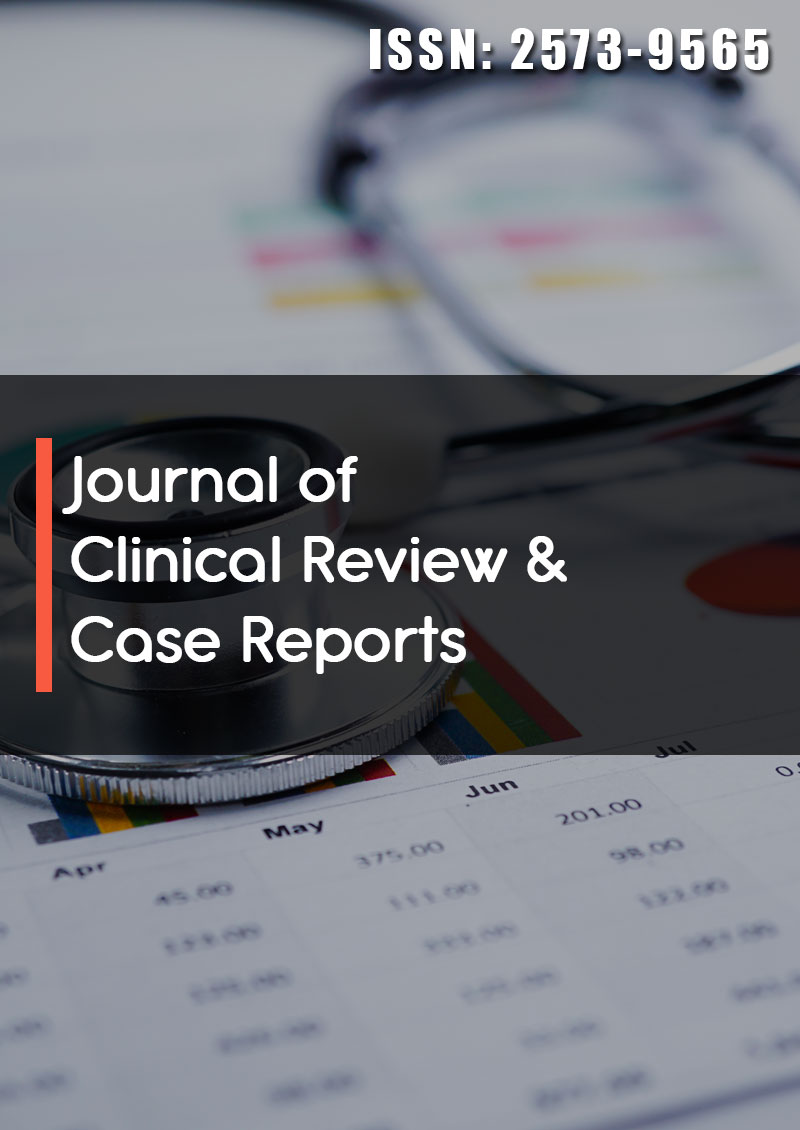Clinical pattern of retinal detachment at the university of gondar tertiary eye care and training center, north-west ethiopia
Abstract
Hagos Kidanemariam, Asamere Tsegaw
Objective: Due to increment in volume of cataract surgery and diabetic retinopathy, the incidence of retinal detachment (RD) is expected to rise in the future. However, little is known about the clinical patterns and risk factor of RD in Ethiopia. This study was aimed to determine the clinical pattern and risk factors of RD at University of Gondar Tertiary eye care and training center (UOG-TECTC).
Methods: A hospital based prospective cross sectional study was done involving all consecutive patients with retinal detachment seen over six months period at the UOG-TECTC. Structured questionnaire was used to extract the required data which included demography, ophthalmic history and clinical examination results. Data were entered into SPSS version 20 and analyzed.
Results: A total of 73 eyes of 65 patients with RD were analyzed. Two-third of patients were males 42(64.6%) and the median age was 49 years. Rhegmatogenous RD (RRD) was the commonest type of RD found in 58(89.2%) patients. Three quarter of the patients, 49 (75 %), came after 1 month of the symptom occurrence; out of which 20 (41%) visited the center after 1year duration. The commonest identified risk factors were trauma 19(29%) followed by pseudophakia 11(17%). More than three-quarter of the patients 53(81.5%) had detached macula and 60 (92.3%) of the involved eyes were blind at presentation.
Conclusion and recommendations: RRD was the commonest type of RD seen in our patients. Majority of the patients visited our center late after macular detachment and trauma was the commonest risk factor. People should be educated to seek health care immediately after the onset of symptoms. Ocular safety precautions should be advised to decrease the risk of ocular trauma. The center should be equipped to manage patients with RD.



